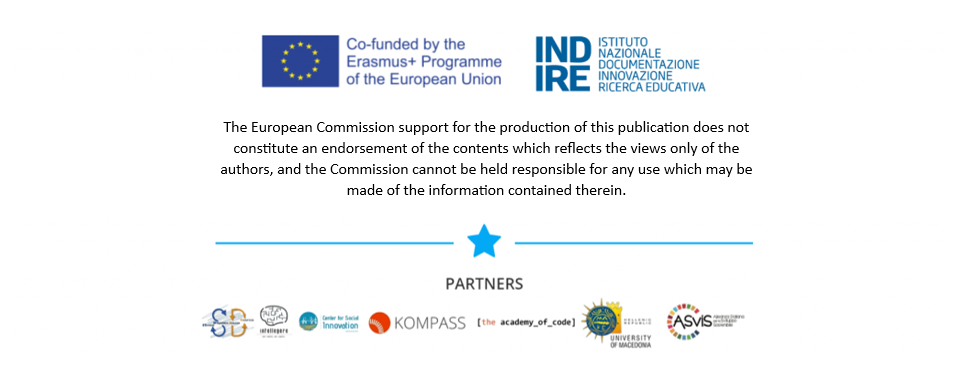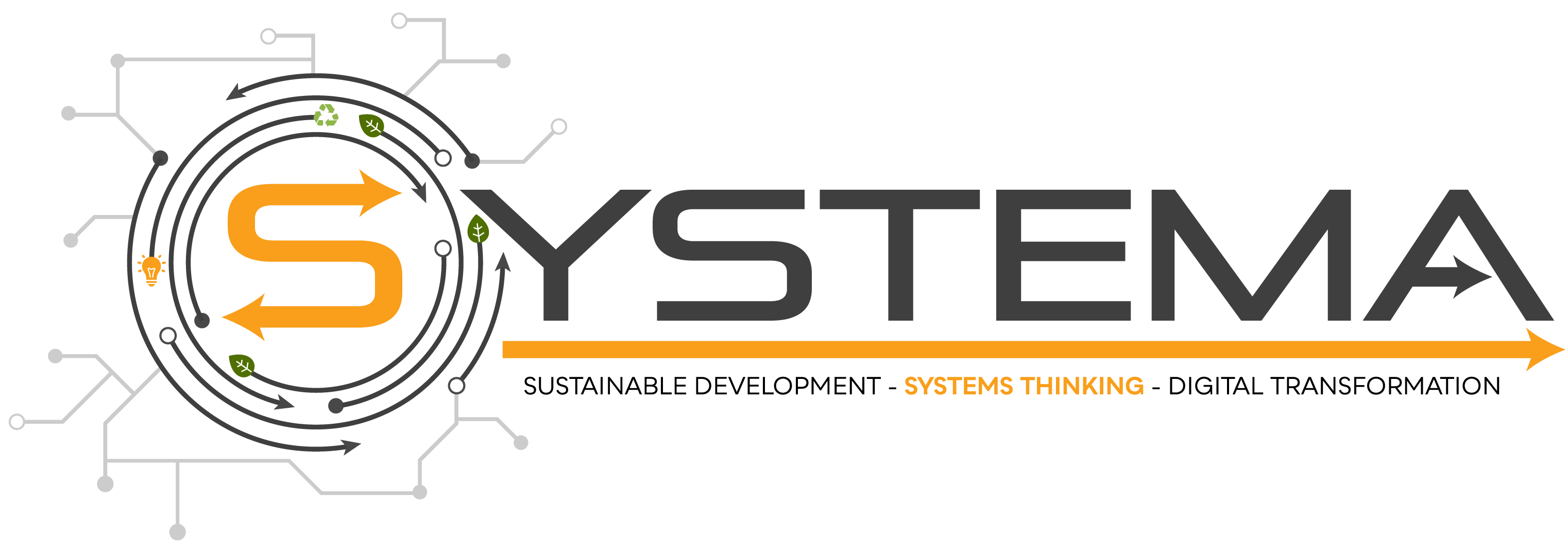SYSTEM DYNAMICS ITALIAN CHAPTER - SYDIC
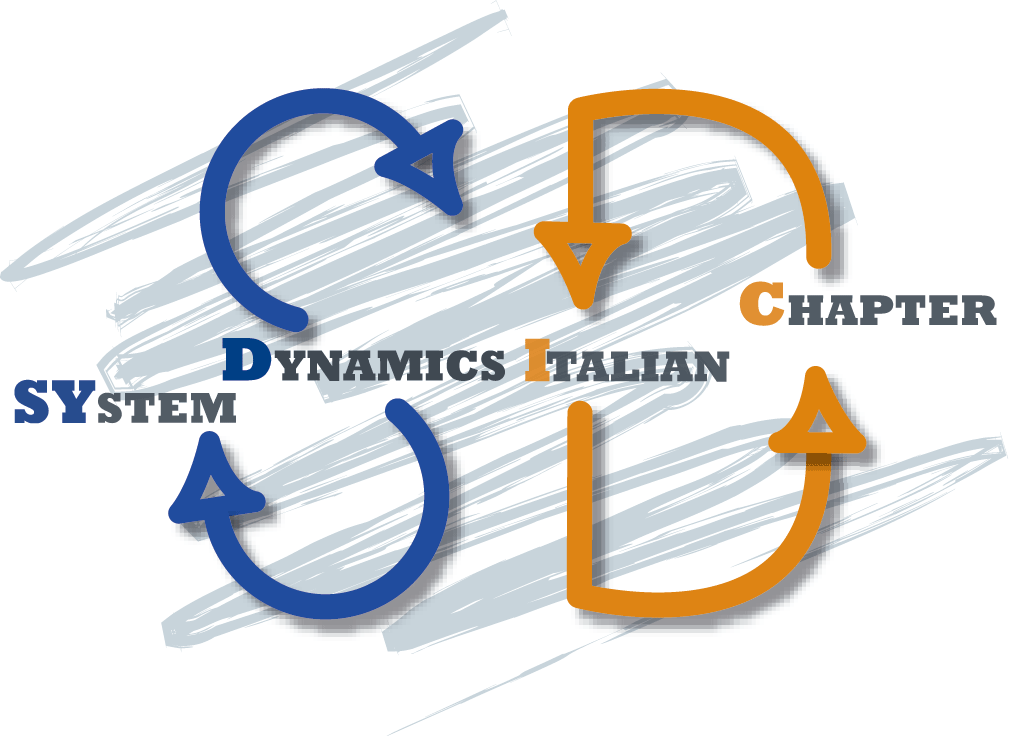
SYDIC is the Italian national branch of the System Dynamics Society (www.systemdynamics.org). The Chapter has been founded back in 1995 but legally recognized by the Italian Law as a Cultural Association for Social Promotion, in 2015. The mission of SYDIC is to support the SD Society to promote, spread out and disseminate the wide use and uptake of the system dynamics methodology and, more in general, of all systemic approaches to modelling & simulation at national and international level. SYDIC counts around 50 Italian associates from all over Italy and a few also from abroad, as well as a wider audience of around 200 non-associates (but members of our website and mailing list). Among its members, SYDIC includes experts, consultants and entrepreneurs interested in the System Dynamics methodology in various ways, as well as several top-notch scholars from the Italian academic & scientific community (Research Centres and Universities in Rome, Milan, Bologna, Turin, Naples, Genoa, Firenze, Palermo, etc.), representing knowledge and competences from Management & Social Sciences to Engineering and Natural Sciences.
SYDIC is currently deeply involved in disseminating and promoting the uptake of Systems Thinking & System Dynamics at various levels, from the Primary and Secondary education to the development of such competencies in youngsters and adults in managing positions. Additionally, SYDIC is promoting the Systems Thinking approach also in various vertical sectors, especially by means of the development of research projects (already a few important experiences at national and international level).
The main SYDIC’s objectives are:
- Promoting the dissemination and development of this methodology, as well as all systemic approaches to the analysis of complex problems and various modelling and simulation techniques/ methodologies, both in Italy and abroad.
- Interacting and establishing formal and operational links with other related associations and study groups, both at national and European level, but also with scientific bodies and associations concerning other disciplines.
- Organizing seminars, workshops, conferences, and other research, study and training initiatives in order to promote the exchange of knowledge and experience between experts of System Dynamics methodology and similar and/or alternative approaches.
- Participation in regional, national and European funding proposals with to projects aimed at improving modern society, with particular reference to the study and to the analysis of social problems, the environment, socio-economic and cultural development.
- Realizing studies, designs, analysis of impacts and evaluation of policies/strategies related to organizational and social change, sharing experiences acquired and those that over time have matured among all the practitioners of the methodology.

Viale Guglielmo Marconi, 19, 00146, Roma, Italy
Members of the team
Stefano Armenia
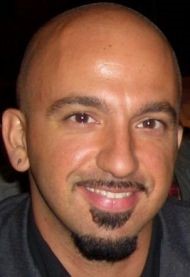
Stefano Armenia is a Research Fellow in the Link Campus University in Rome, Italy. He has a degree in Computer Engineering, Industrial Automation & Control Systems, a Ph.D. in Business Engineering and a Master in Management and Business Administration. His research interests deal with the analysis of complex systems dynamics in many fields, logistics and transportation, innovative finance and technological innovation, policy modeling and assessment of impacts of new technologies on organizational processes. At the moment, he is President of SYDIC (the Italian Network of the System Dynamics International Society).
Camillo Carlini
Camillo Carlini is a Research Fellow in the Analysis of Dynamical Systems at the Center for Cyber Intelligence and Information Security, “Sapienza” University of Rome. He has his degree on Informatics for Management at University of Bologna. Master’s Degree in Computer Science always at University of Bologna. He participated in research projects at national and international level like the CRISADMIN project (HOME/2011/CIPS/AG/4000002116) and the ATTACS project (HOME/2013/CIPS/AG/4000005083). His research interests deal with the analysis of complex systems dynamics in many fields with specific focus on Security & Defence related problems.
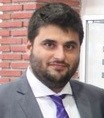
Federico Barnabè
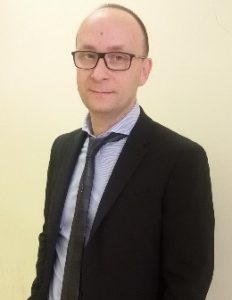
Federico Barnabè, PhD, is Associate Professor in Business Administration at the Department of Business Studies and Law, University of Siena (Italy). Previously, Federico was a visiting researcher at the University of Bergen (Norway) and Roehampton University (UK). His main research interests include Management Accounting, Performance Measurement, Lean Strategy, and Simulation and Gaming (with particular reference to System Dynamics). He has published in several Italian and international journals on these topics. He was co-editor of the Rivista di Contabilità e Cultura Aziendale, Guest Editor for the journal Kybernetes, and is currently a member of the scientific committee of Management Control.
Fabrizio Mozzoni
Fabrizio Mozzoni is a professional in the management consulting sector. For over 10 years he has been collaborating with companies, public administrations and non-profit organizations in the management of Business Process Improvement projects. During his career he has specialized in Agile project management becoming a SCRUM Master Certified. He also obtained the qualification of Quality Management Systems Expert and Lead Auditor.
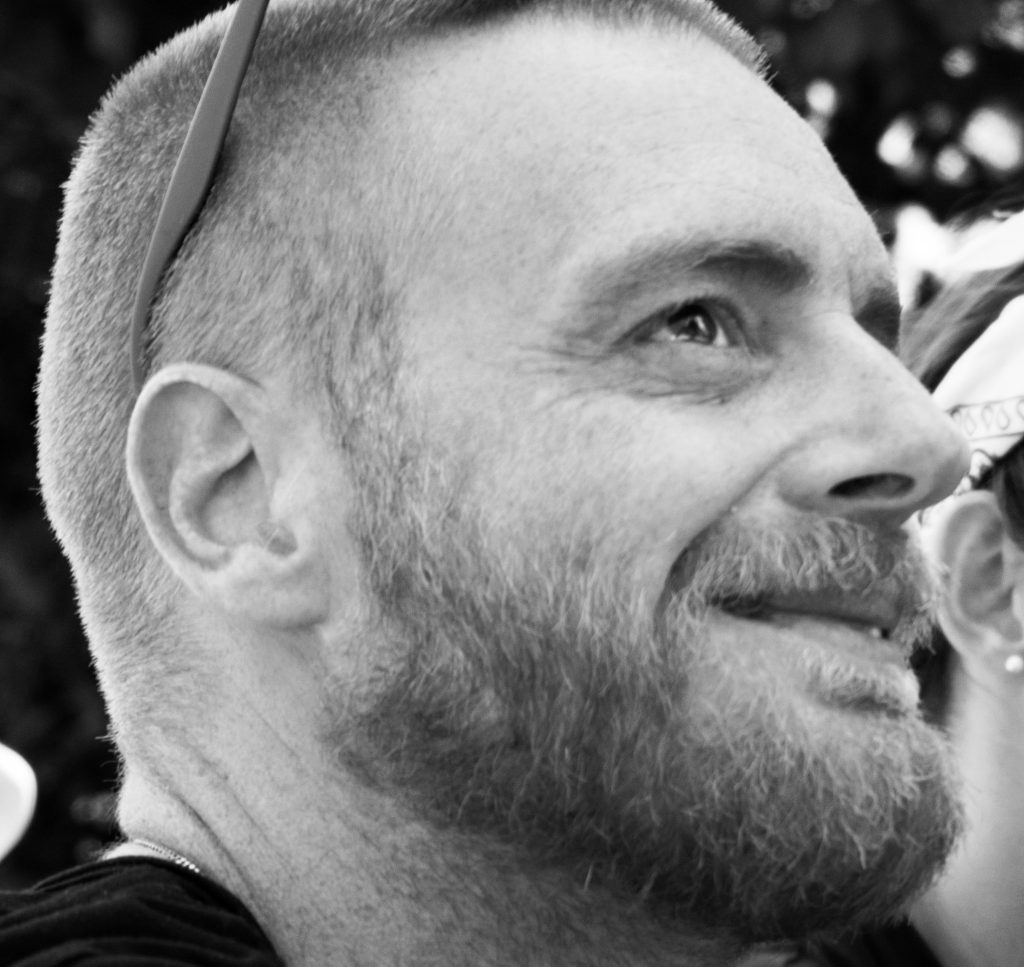
Alessando Pompei
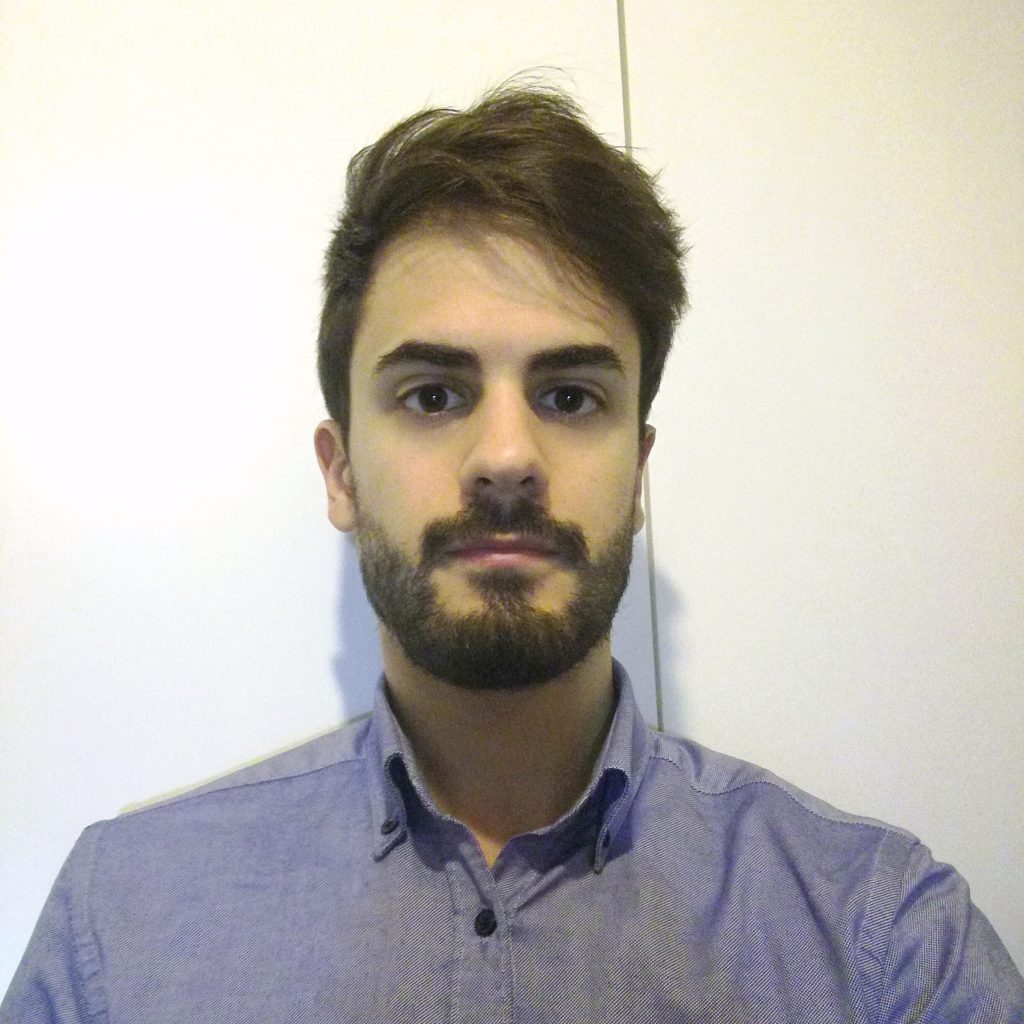
Alessandro Pompei got the MSc in Management Engineering on 20/01/2017 at Sapienza University of Rome. In 2017/2018 he participated in the Advanced Training Course in Project Program and Portfolio Management at Sapienza University of Rome and obtained the relative certificate for 168 hours of training. Since 2017 he is a doctoral student in Industrial and Management Engineering at Sapienza University of Rome. He is the author of several articles published in international scientific journals including Sustainability, Kybernetes, Journal of Simulation. Alessandro Pompei carries out research on topics relating to project management and sustainability. Other research topics concern modeling and simulation based on systemic approaches, i.e. System Dynamics and Systems Thinking, applied in various areas including Organization Management, Public Policy Assessment, Climate Change. He participated to some European projects: BRISWA (the Ball Rolls In Same Way for All – Pr.Ref. 579960-EPP-1-2016-2-IT-SPO-SCP) project that is co-financed under the Erasmus+ programme, 2016-2017, With the role of project team member; SUSTAIN (Game-Based Learning on Urban Sustainability – Pr.Ref. 2017-1-EL01-KA203-036303) project that is co-financed under the Erasmus+ programme, 2017-2019, With the role of member of the scientific committee.
Robert Magnuszewski
Robert Magnuszewski is PhD in Energy and Environment from La Sapienza di Roma, interested in economic networks of ownership and board interlocks. Working using methodologies of Social Networks Analysis, System Dynamics and Agent-Based Modelling. Involved in academic work, but also European Projects for the Horizon 2020.

Rocco Scolozzi
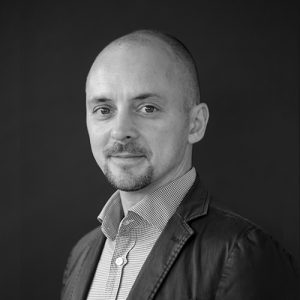
Rocco Scolozzi is a strategic foresight practitioner (aka professional futurists), expert in social-ecological systems, professional facilitator, PhD in Environmental Engineering. Currently, research fellow at the Department of Sociology and Social Research (University of Trento, Italy), and lecturer for the postgraduate Master Course in Social Foresight (in courses: “Systems thinking”, “Methods of Futures Studies”), working with prof. R. Poli (UNESCO Chair in Anticipatory Systems) and co-founder of -skopìa Anticipation Services®, an innovative startup company of Trento University; member of the Association of Professional Futurists and of the System Dynamics Society.
